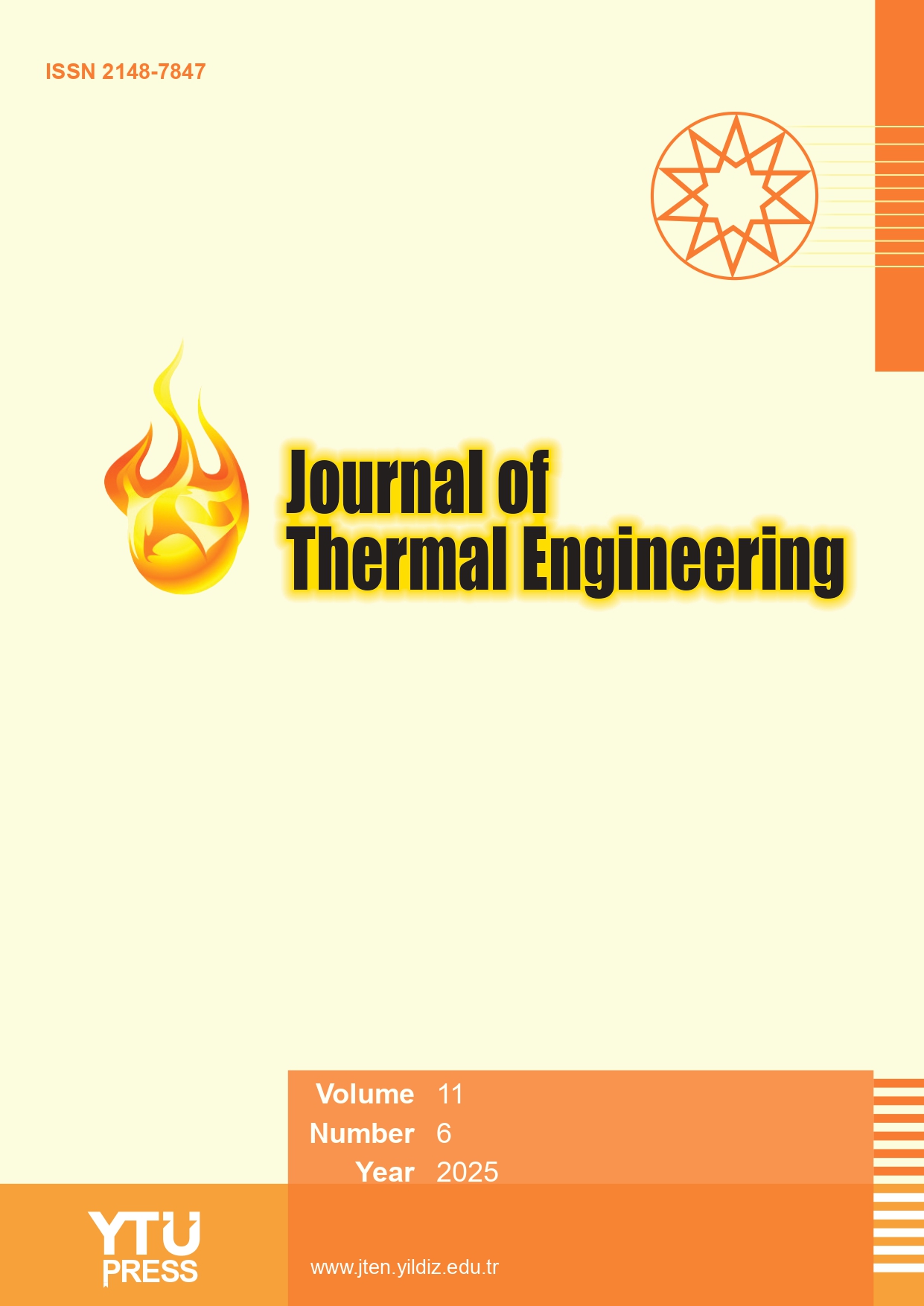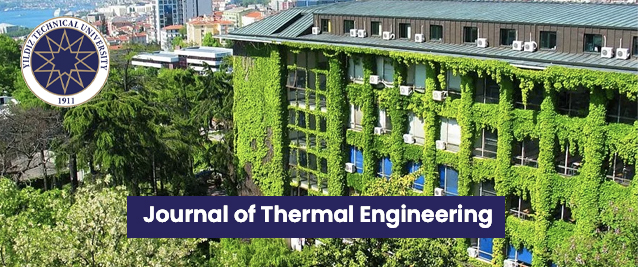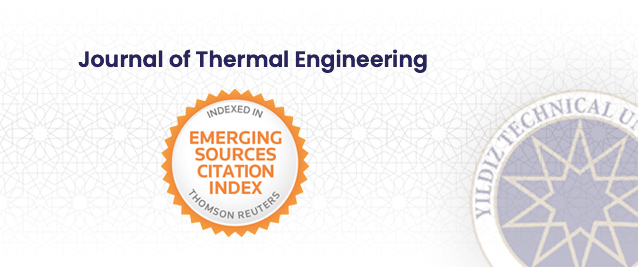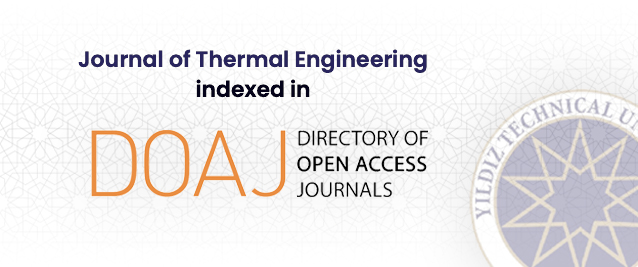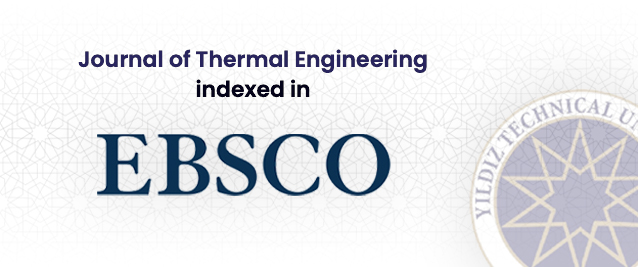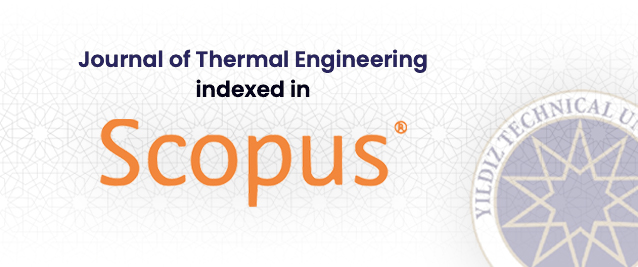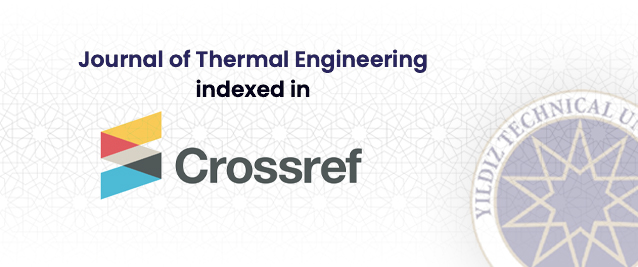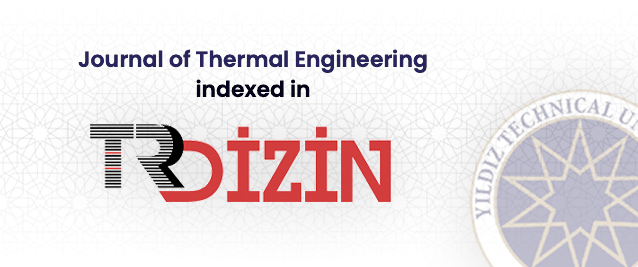Abstract
In the present study a cascade refrigeration system (CRS) comprising of a vapor compression refrigeration (VCR) system in the low temperature (LT) stage and a single stage vapor absorption refrigeration (VAR) system in high temperature (HT) stage is analyzed. The scope of this work focuses on the effect of different parameters on the performance of the CRS with the help of a mathematical model. The energy and exergy analysis of the CRS is carried out with CO2 and NH3 as refrigerants in the VCR stage and the pair of H2O-LiBr fluids in the VAR stage. It is observed that COP and exergetic efficiency of the CRS reduce with increase in cascade condenser temperature with CO2 as a refrigerant in VCR stage whereas with NH3 as a refrigerant in VCR stage, the COP increases with increase in cascade condenser temperature, it attains a maximum value and then decreases.


